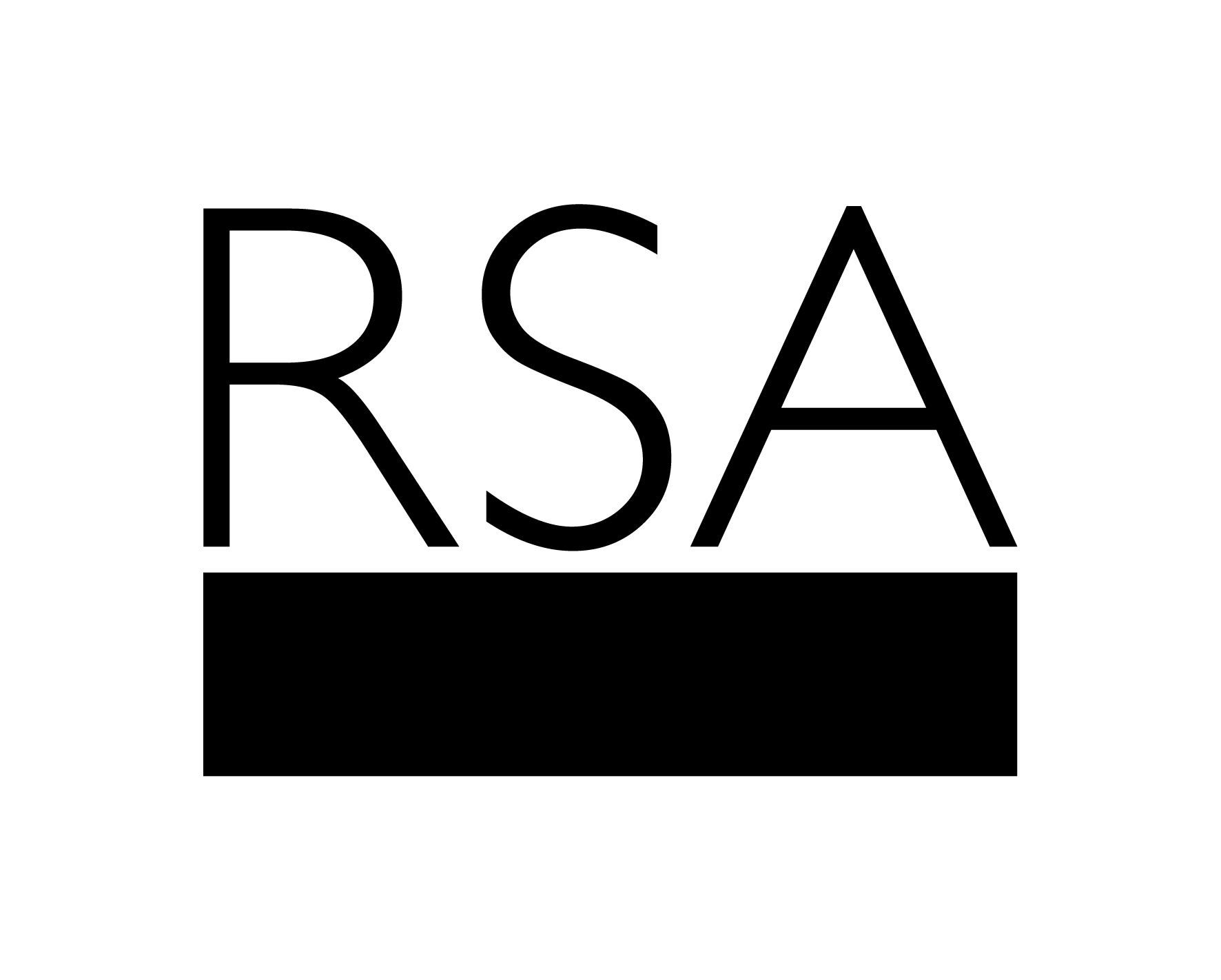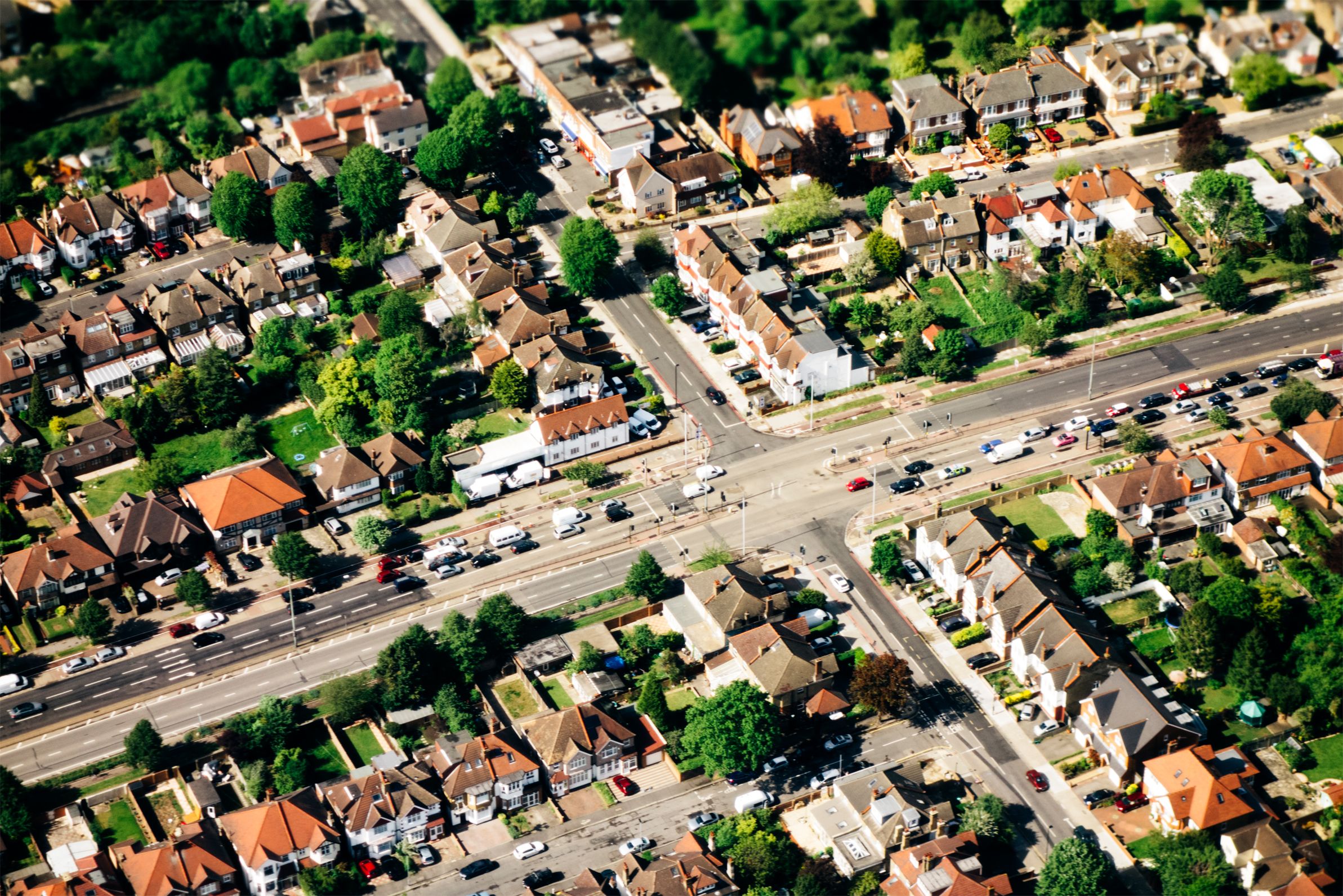Social security
The risks from automation and economic insecurity for England’s social renters

More than 350,000 people call a Clarion home their own and through our charitable foundation, Clarion Futures, we support thousands of people to access training and find jobs every year. Our employment advisers take the time to understand each person’s specific needs, providing free tailored support including careers guidance, interview training and job placements, as well as apprenticeship and training opportunities.
To date, Clarion Futures has supported more than 15,000 people into employment, and we’re proud to work alongside major organisations from a host of sectors including the NHS, Morrisons and Royal Mail.
To help us understand more about the challenges our residents face, we’ve been working with the RSA to explore the changing world of work and its impact on people living in social housing, with a particular focus on the risks associated with automation.
The research explores the impact of the pandemic and considers broader changes to the labour market, comparing the experiences of social housing residents, private renters and owner occupiers.

Key findings
Social housing residents are more likely to face economic insecurity due to the pandemic, with four in ten 'just about managing to get by'.
People in social housing generally have lower qualifications than owner occupiers or those in the private rented sector.
Three quarters said they never worked from home, even at the height of the pandemic.
Looking to the future, social housing residents are more likely to be in jobs at high risk from automation.
Looking to the future
Together with the RSA, we want to lead a public debate on what more can be done to help people in social housing to overcome these challenges and to thrive.

The report features a series of recommendations to help shape the policy agenda, and we are committed to using the insights from this important piece of research to review and future-proof the services and support we offer through Clarion Futures.
With the risks associated with automation on the horizon, understanding the likely impact on the working lives of our residents is invaluable, ensuring we can support them into jobs in sectors offering long-term career opportunities.
Read the full report authored by the RSA in partnership with Clarion Housing Group here.
